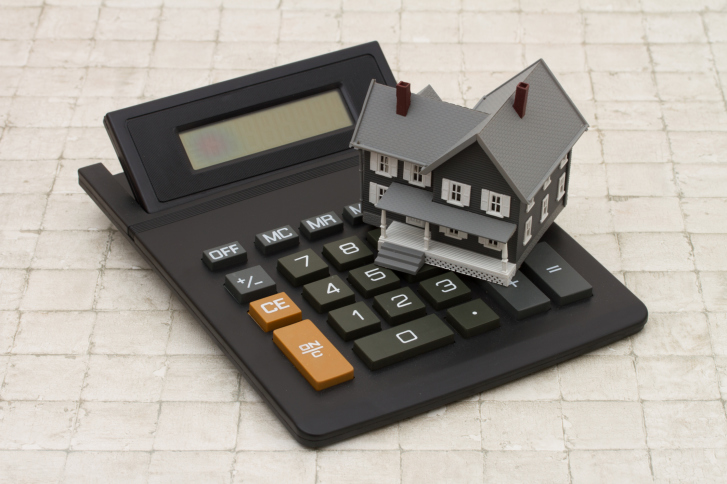5, 10, 20 Percent or More? How to Determine How Big of a Down Payment You Need
 Whether or not you’re new to real estate, there’s little doubt that you’ve heard the term down payment as it relates to purchasing a home. There’s a lot of different information out there in regards to how much this figure should be and it can be hard to determine exactly what the importance of this payment is. If you’re trying to determine the ideal amount to put down, here are some things to consider.
Whether or not you’re new to real estate, there’s little doubt that you’ve heard the term down payment as it relates to purchasing a home. There’s a lot of different information out there in regards to how much this figure should be and it can be hard to determine exactly what the importance of this payment is. If you’re trying to determine the ideal amount to put down, here are some things to consider.
Explaining Down Payments And Why They’re Important
The down payment is probably one of the largest single payments you’ll make for anything, and this is why so many people save for years. When you buy a home, the down payment is the amount of money that goes into the initial home investment, and this is taken off of the cost of the house. In essence, while this money qualifies as an asset, it is tied up in paying off the total cost of your home.
The Differing Amounts For Down Payments
It’s often the case that many figures are thrown around in regards to the ideal down payment percentage, and they generally vary from 3-20% of the home’s cost. If you are paying a percentage on the low side of the scale, this can unfortunately mean that you will have fewer mortgage options and will be stuck with an increased interest rate. The amount you should pay depends on your financial health and purchasing commitment, but the larger the down payment is, the more minimal your monthly payments will be.
Deciding The Perfect Percentage
Saving up 20% of a home’s total price may seem like a lot of time and effort, but this can be the ideal amount to put down. In addition to lowered monthly payments and a better interest rate, you’ll also be able to avoid Private Mortgage Insurance (PMI), which is required if you put down less than 20%. There is no right answer to the question of how much to put towards a down payment, but you may end up spending less in the long run if you can invest more in the beginning.
There are many figures thrown around when it comes to real estate, but the amount of a down payment should be economically feasible for you and enable you to make your monthly payments consistently. If you’re planning on purchasing soon and are looking for home options, you may want to contact your trusted mortgage professional for more information.
Categories
- Around The Home
- Awards
- Bankruptcy History
- Budget
- Chapter 7 Bankruptcy
- Construction Loan
- Credit
- Credit Scoring
- Environmental Awareness
- Escrow Tips
- Fair Housing
- Federal Reserve
- FHFA
- Financial Crisis
- Financial Fraud
- Financial Reports
- Foreclosure
- Holiday Tips
- Holidays
- Home Building Tips
- Home Buyer Tips
- Home Buying Tips
- Home Care
- Home Care Tips
- Home Decorating
- Home Financing Tips
- Home Maintenance
- Home Mortgage
- Home Mortgage
- Home Mortgage Tips
- Home Mortgages
- Home Seller Tips
- Home Selling Tips
- Home Tips
- Home Values
- Home Values
- Homebuyer Tips
- Homeowner Tips
- Housing Analysis
- Housing Market
- Investment Properties
- Market Outlook
- Mortagage Tips
- Mortgage
- Mortgage Application
- Mortgage Guidelines
- Mortgage Rates
- Mortgage Tips
- mortgage-rates-whats-ahead-september-17-2012
- Organization Tips
- Personal Development
- Personal Finance
- Rankings
- Real Estate
- Real Estate Definitions
- Real Estate Tips
- Real Estate Trends
- Selling Your Home
- Student Loans
- Tax Debts
- Taxes
- The Economy
- Travel
- Uncategorized